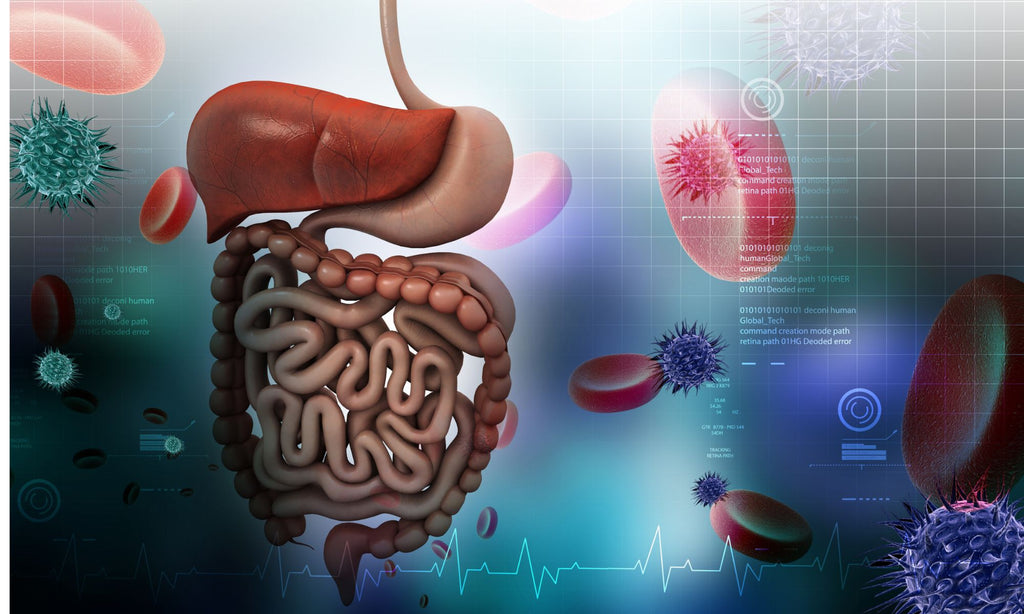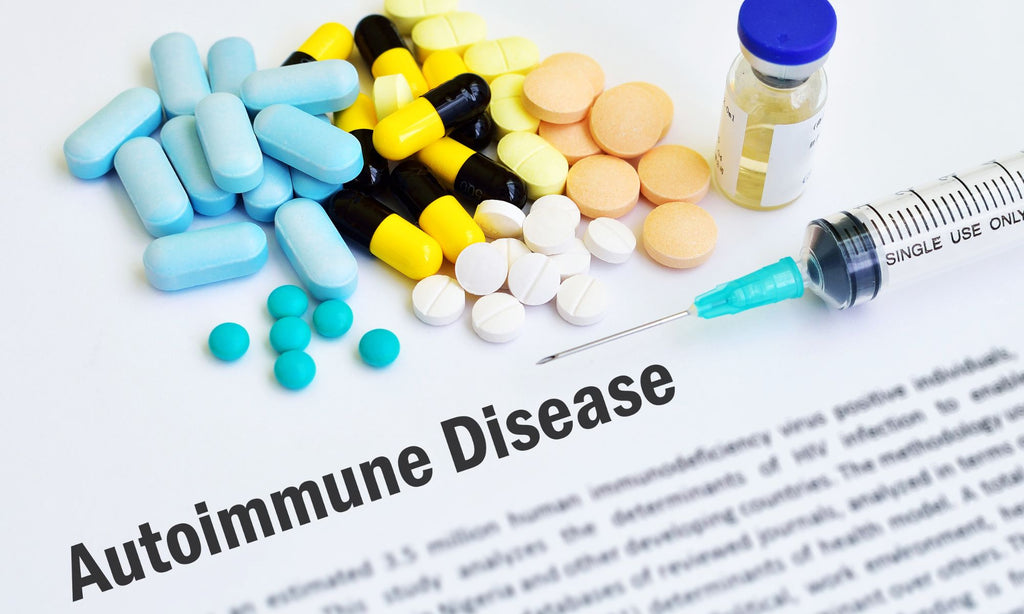blog
As we age, our digestive system can be affected by changes in our bodies. The aging process can weaken the muscles of the digestive tract, reduce saliva production and increase the risk of developing certain conditions such as gastroesophageal reflux disease (GERD) and irritable bowel syndrome (IBS). In this blog post, we will explore how aging affects our digestive system and what steps we can take to maintain a healthy digestive system. We will also discuss how diet, lifestyle changes, and supplements can help us manage these age-related digestive issues.
Leaky gut syndrome is a medical condition that can cause a wide range of symptoms. It is caused by damage to the gut lining, which can allow toxins, bacteria, and other substances to leak into the bloodstream. The symptoms of leaky gut syndrome include digestive issues, fatigue, food sensitivities, joint pain and skin problems. Treatment for leaky gut syndrome includes dietary changes such as avoiding certain foods and eating more nutrient-dense foods. Additionally, supplements may be recommended to help repair the damaged intestinal lining and promote overall health. In this blog post, we will explore the causes, symptoms and treatments for leaky gut syndrome in greater detail.
The Low-FODMAP Diet is an effective and popular dietary approach to managing digestive disorders. It is a complex diet but can be tailored to each individual's needs and preferences. This blog post looks at the science behind this diet, its benefits, and potential risks, as well as how it can be used to manage symptoms of digestive disorders such as IBS, Crohn’s disease, or ulcerative colitis. It also covers practical tips for implementing the diet in everyday life.
In today’s fast-paced world, it can be hard to find the time to take care of your gut health. However, taking small steps to reduce stress and improve digestion can go a long way towards improving your overall wellbeing. This blog summary will explore how reducing stress and anxiety can help with gut health, as well as some easy ways to do this. We will also discuss how making small changes in your diet and exercise routine can help enhance digestion and promote better gut health.
Enemas have been employed for medical purposes for centuries, and even nowadays the procedure remains a popular way of cleansing the colon. In this blog, we will explore the evolution of enemas from their inception to their modern-day usage. We shall investigate the beginnings and current utilization of enemas. We shall also look into how they were used in ancient times and trace their development through the years. WIn this article, we will discuss the potential applications of enemas in today's world and what safety precautions need to be followed.
Recently, numerous studies have been conducted to explore the correlation between gut health and autoimmune diseases. Results have shown that a neglected digestive system can be the root cause of certain illnesses, including autoimmune disorders. In this blog post, we will discuss the potential causes of autoimmune diseases and their relationship with gut health. In addition, we will investigate the impact of dietary and lifestyle changes on gastrointestinal health and examine their effectiveness in alleviating signs associated with autoimmune diseases. Additionally, we will evaluate the efficacy of probiotics as a possible solution to autoimmune conditions.
Showing 1 - 6 of 150 result












